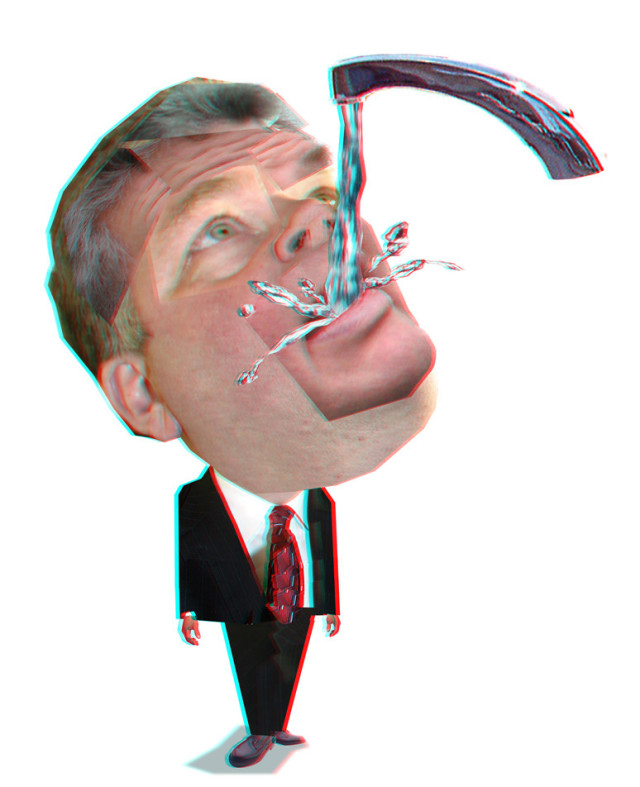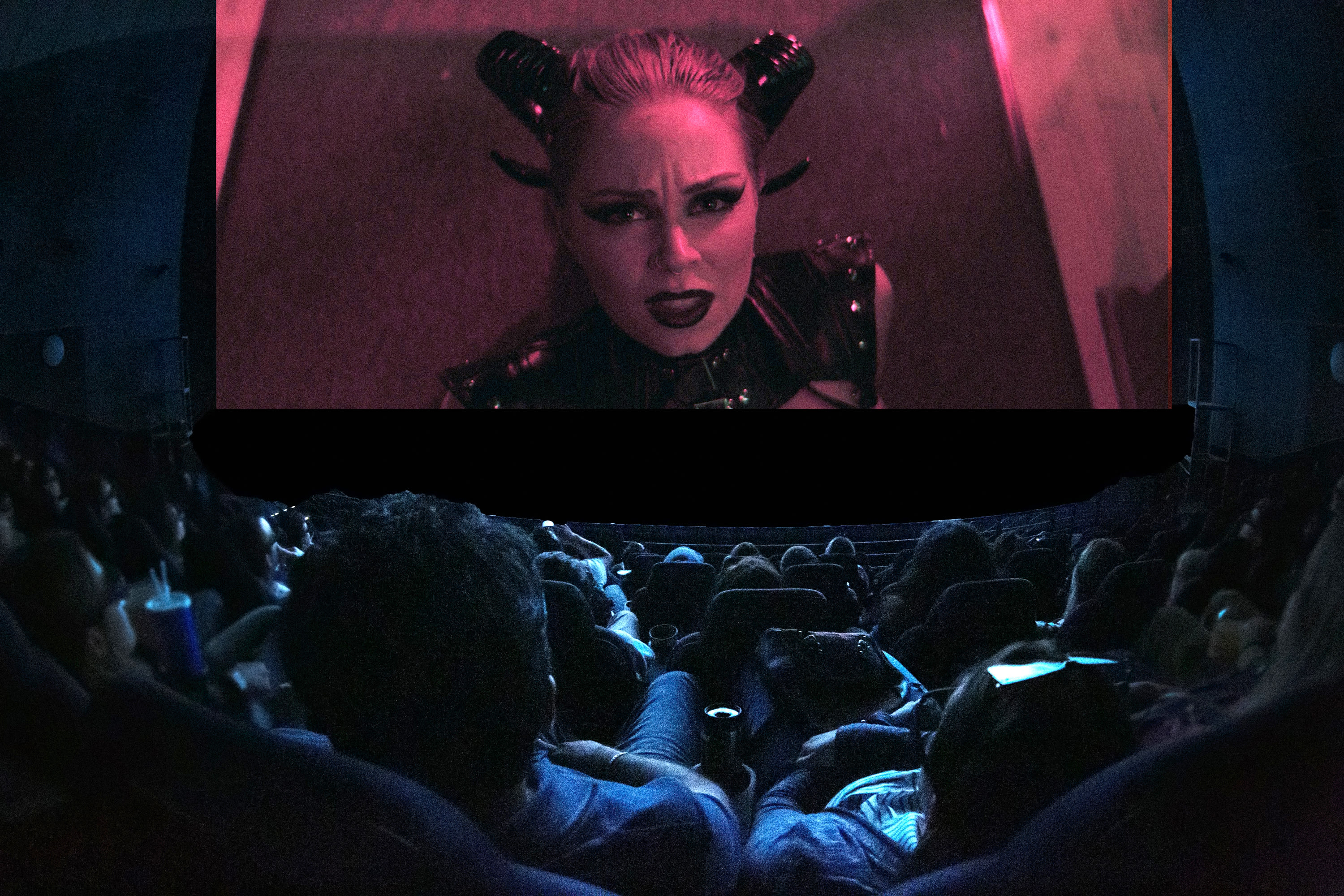It’s in the Water

YOUR KITCHEN TAP EMITS “the ‘gold standard’ in water quality.” So says Mayor Greg Nickels. The Coca-Cola Company no doubt agrees: It bottles Seattle muni water and retails it (marked up around 2,000 percent) as Dasani. Same with Culligan, which jugs it for office coolers.
But Coke et al. won’t like the Big Man’s other point, that you should “stop purchasing bottled water,” drink from the tap, save your bucks, and stop adding to the 2.5 million–plus tons of greenhouse gases that bottling and transporting the stuff generates nationwide.
Good idea—but we still wonder what criteria hizzoner’s using. Seattle’s two Cascade watersheds are pristine and well protected, but they release organic carbon (from leaves), which, combined with the disinfectant chlorine, produces trihalomethanes and haloacetic acids. These may cause cancer and miscarriages. And they smell bad.
Announcing his campaign for Seattle’s tap water, Nickels’s office boasted that water officials found “none” of the 179 metals, contaminants, and pathogens they tested for. It didn’t mention that Seattle’s water has low levels of several others—coliform, barium, nitrate, residual chlorine, and, before it’s processed, cryptosporidium, all detailed in its annual Drinking Water Quality Report. Nor that it has not-so-low levels of stinky, possibly harmful trihalomethanes and haloacetic acids—on average, a little more than half the federally allowed limit in its Tolt River supply. Many other cities have more of these chemicals in their water than Seattle, but Chicago and Detroit have much less. Even New Orleans, hardly celebrated for “gold standard” water, has less.
The good news: Letting water sit removes some of these nasties, and filtering removes most. So get a filter and enjoy Seattle’s finest H~2~0—”silver standard”—and let the rest of the world buy a Coke.




